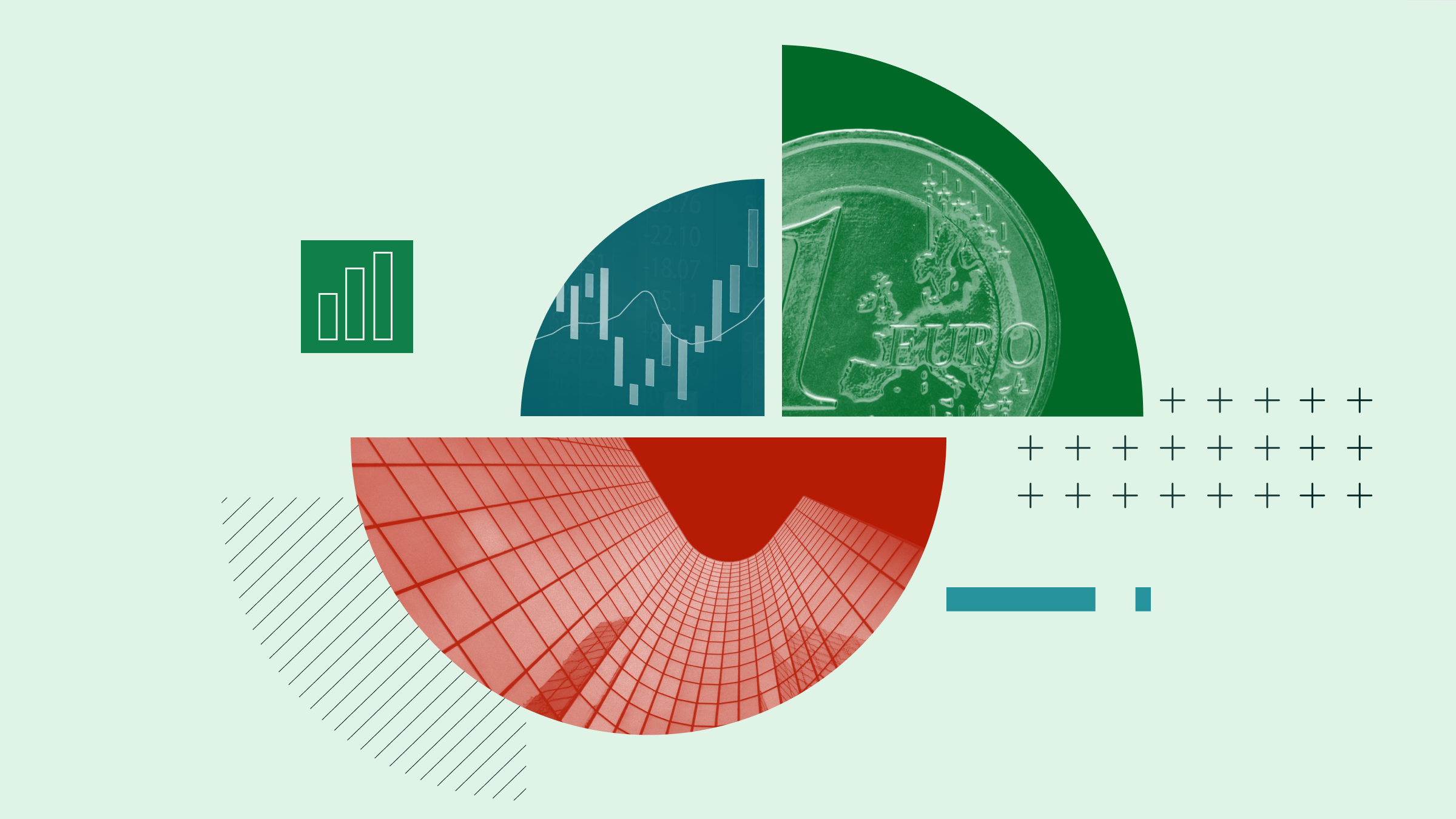Emma Wall: Hello and welcome to Morningstar. I'm Emma Wall and I'm joined today by Isabel Levy, founder of Metropole Gestion to talk about value investing. Hello Isabel.
Isabel Levy: Hello.
Wall: So, I suppose I start with considering the rallies we've seen in Europe, in the U.K. and in the U.S. Are markets, overvalued at the moment?
Levy: Well, we don't think the European markets are overvalued, because if you look back, we had a rally of course at the end of last year and even this year. But the fact is that for the past four years and from 2011, we had so many fears in Europe about the destruction of the eurozone, about the lack of growth comparing to the American market, or even comparing to emerging market, that basically we didn't recover the undervaluation we had comparing to the American market. So, it's only a start I would say.
Wall: Value is something that can be very personal and there are number of value metrics individuals use, investors use. How accurate do you think these metrics are?
Levy: I mean we have to look at, of course the markets. Some people in the markets are local to global metrics, PE, price to book, so we have to look at them obviously, and if you look in terms of PE, the PE of the European markets are much lower than the PE of the American market right now. So, I think in terms of undervaluation comparing to the American market is obviously, if we take a global measure. Then I would differ little bit and choosing different measures depend on the company and the sector we are talking about.
So, we have to take a global approach about the market, but also a specific approach companies by companies. So sometimes the PE for company which is very cyclical and it's at the bottom of the economic cycle without producing any earnings, obviously, the PE is very high, but it's very un-expensive but you are at the bottom of the economic cycle.
Wall: I suppose that it's a case of not being a slave to the data, because this in fact can leave to value traps which can catch out investors, and mean that they lose money.
Levy: Yes, they can lose money, but dependent on the horizon you have in front of you. When you are an equity investor, I'm afraid to say that, we have to look very long-term and some people are talking about three years, two years, what is long-term is all the definition about long-term. But if you look at the regulators, they oblige you to write on your prospectus that long-term is at least five years. So, being an equity investor, should mean that you have wanted for long time and that you can wait. So, this is very important to keep that in mind.
Wall: Isabel, thank you very much.
Levy: You are welcome.
Wall: This is Emma Wall for Morningstar. Thank you for watching.





















